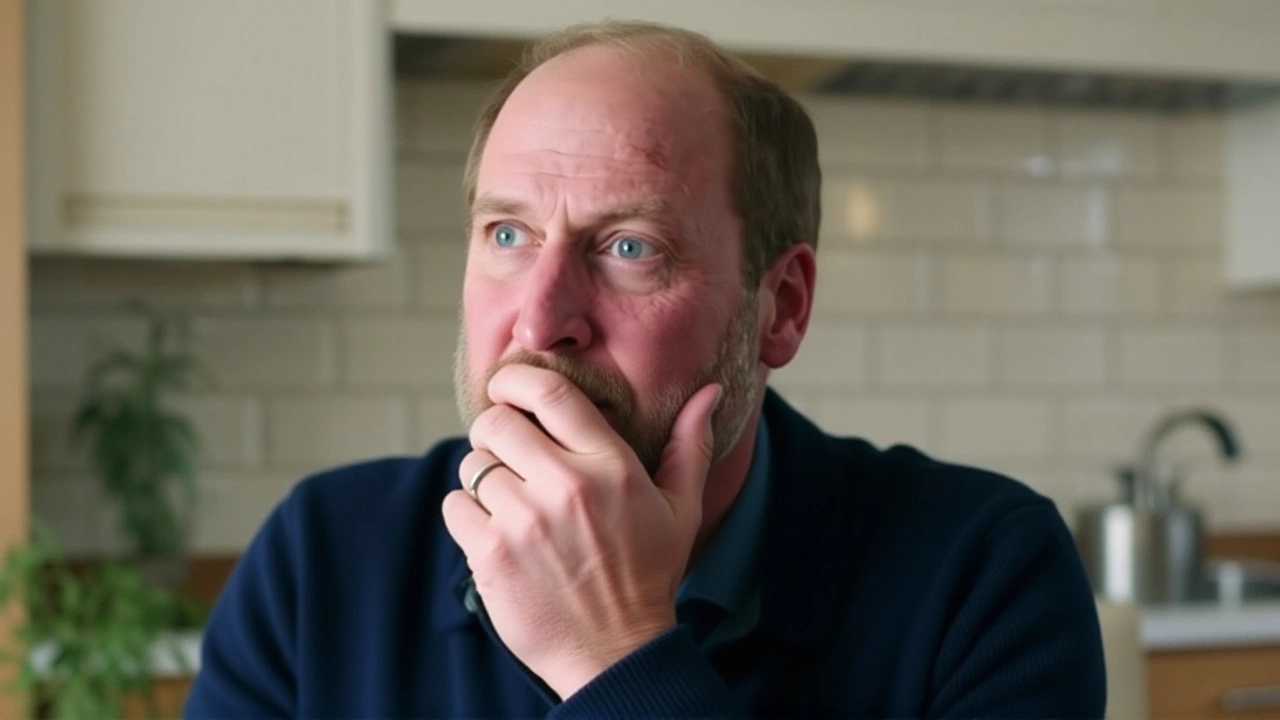Mental Health and the Soccer Experience
When we talk about mental health, the state of emotional, psychological, and social well‑being that influences how we think, feel and act. Also known as psychological health, it shapes everything from daily mood to how we handle pressure on a stadium tour. Mental health is especially relevant for soccer fans and travelers in Barcelona because the sport, the crowd energy, and the travel schedule all create unique stressors. For soccer, the global game that drives passion, community and physical movement enthusiasts, the connection between the game and wellbeing runs deeper than a cheering crowd.
One of the biggest challenges fans face is stress, the body's physiological response to perceived threats or demands. Whether it's the anticipation before a big match at Camp Nou, the noise of a packed stand, or the logistics of getting from the airport to the stadium, stress can quickly spike. Learning simple breathing techniques or a quick mindfulness pause while waiting in line can lower cortisol levels and keep you focused on the game rather than the anxiety.
Key Factors That Impact Well‑Being
Another critical element is performance anxiety, the fear of failing or not meeting expectations during a high‑stakes situation. Even casual fans can feel this when they bet on a match, wear their favorite team's jersey, or engage in friendly debates about player stats. Recognizing that the anxiety is a normal reaction helps you reframe it as excitement. Channel that energy into cheering louder, sharing facts about the match, or even joining a local fan meetup where the pressure is shared.
Travel adds another layer to the mental health equation. Long journeys, unfamiliar surroundings, and crowded transport can contribute to what we call travel stress, the combination of physical fatigue and mental strain that arises from moving between locations. Planning ahead—like booking a seat near the exit, packing a small snack, or scheduling downtime before a stadium tour—can mitigate those effects. A well‑rested mind enjoys the match more and retains memories longer.
Social connection also plays a huge role. Engaging with other supporters, whether in a bar, a fan zone, or a guided tour, creates a sense of belonging that buffers against loneliness. Studies show that group affiliation releases oxytocin, a hormone linked to reduced stress and improved mood. So don't shy away from striking up a conversation with the person next to you; a shared chant can boost both your mental health and the atmosphere.
Nutrition and sleep are the underrated pillars behind a balanced mind. Consuming too much caffeine or alcohol before a game can amplify jitters, while a solid 7‑8 hour sleep cycle helps regulate emotions. If you’re staying in Barcelona for several days, set a regular bedtime, stay hydrated, and choose light meals before heading to the match. Your brain will thank you when you’re able to stay present and enjoy every goal.
Finally, remember that mental health is not a static condition; it fluctuates with each experience. By paying attention to your stress signals, practicing quick relaxation tools, and surrounding yourself with supportive fans, you turn a regular soccer outing into a restorative activity. Below you’ll find a curated collection of articles that dive deeper into each of these topics—ranging from fan anxiety tips to travel wellness guides—so you can keep your mind as sharp as your favorite team's attack.

- 0 Comments
The Daily Mail piece dated Oct 10 2025 about Prince William speaking to a grieving widow cannot be verified; it lies beyond current source availability.